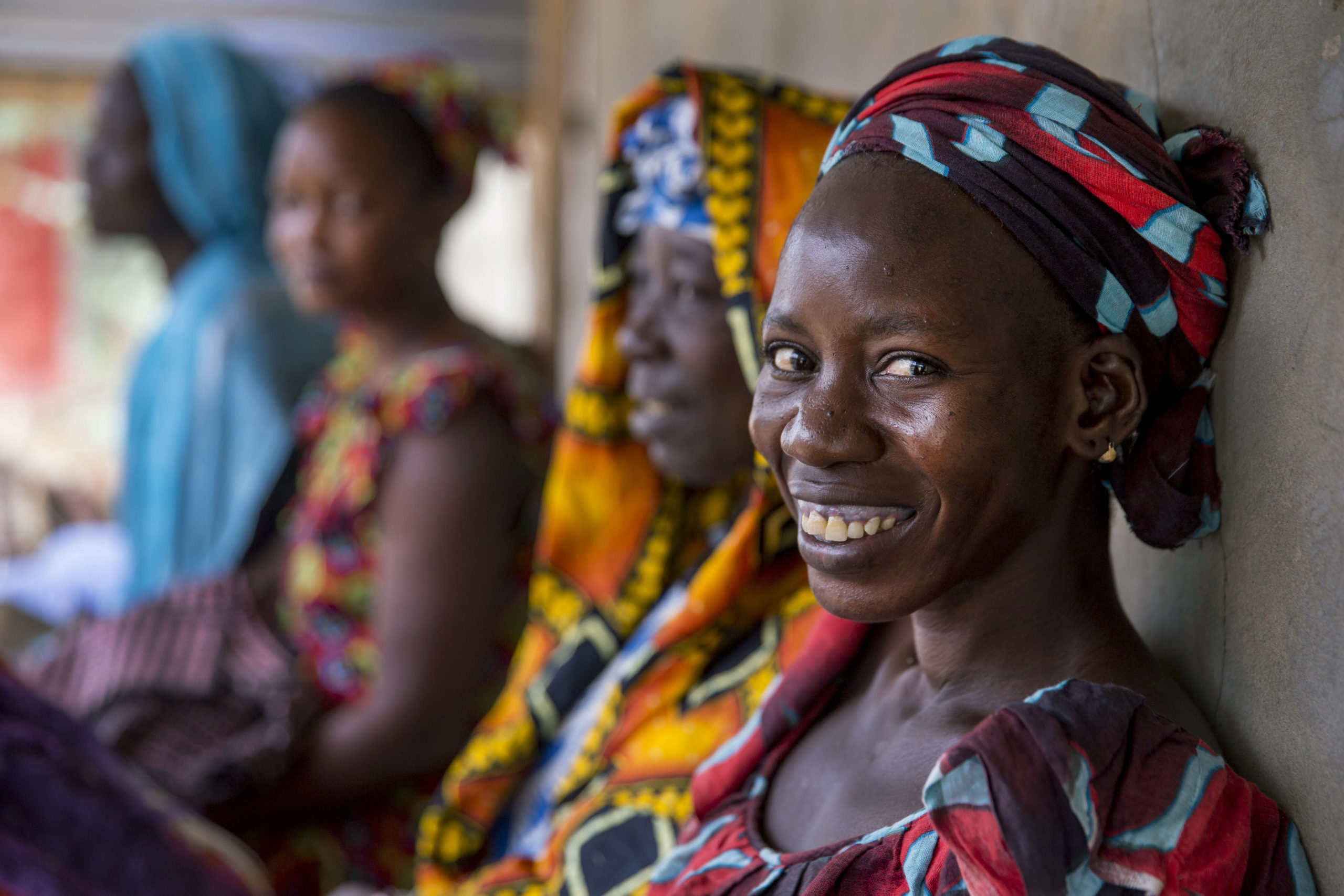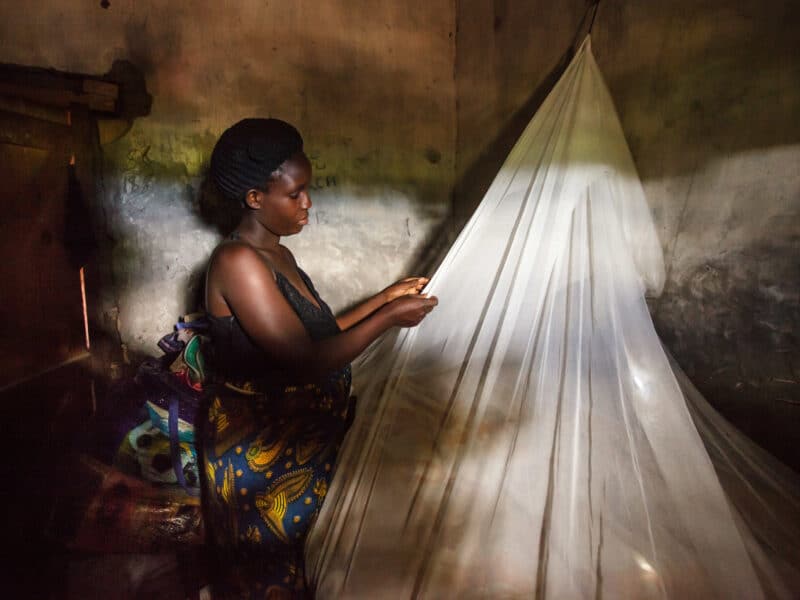USAID and its U.S. President’s Malaria Initiative have awarded the Johns Hopkins Center for Communication Programs a five-year, $40-million contract to distribute insecticide-treated mosquito nets to the residents of Tanzania and Zanzibar.
CCP has supported net distribution for malaria control in the past under the VectorWorks project, which concluded in September, 2019, and delivered 13.3 million nets to Tanzanians between 2014 and 2019. CCP assisted in the distribution of more than 47 million nets in Africa over that same period.
Ninety-three percent of the population in mainland Tanzania and the entire population of Zanzibar live in areas where there is malaria transmission. Under the new Tanzania Vector Control Activity (TVCA), CCP and its partners are responsible for ensuring distribution of insecticide-treated mosquito nets in schools and health facilities in 14 regions of mainland Tanzania and delivery through communities and health facilities in Zanzibar.
The goal is for 80 percent of the population in those areas most affected by malaria to have access to insecticide-treated mosquito nets. The school-based distribution will include an estimated 3.1 million nets in the first year alone, with health facilities distributing another three million or so. CCP will implement the program on behalf of and in close collaboration with the government of Tanzania.
“While many gains have been made toward reducing the spread of malaria in Tanzania, we know that we must keep providing people bed nets to ensure they continue to be protected from malaria,” says CCP’s Arzum Ciloglu, who is leading the TVCA in Baltimore. “The more nets we get out there to people who need them and support them to use and care for them properly, the better off the people of Tanzania will be.”
CCP’s partner on TVCA are Tulane University, Viamo and Tropical Health LLP.
Treated nets are hung over beds in the parts of the world where malaria is present to prevent people from being bitten by infected mosquitoes as they sleep. These nets, which have been widely distributed across Africa and Asia, are thought to be responsible for the lion’s share of the reduction in malaria cases worldwide since 2000. In 2018, there were 228 million malaria cases that led to 405,000 deaths worldwide, according to the World Health Organization.
Along with net distribution, CCP is charged with determining how many nets are needed and how to best deploy them, especially in light of restrictions related to the COVID-19 pandemic. CCP will also be on the lookout for any new advances in malaria vector control and can recommend new approaches to the government of Tanzania.
Bed nets on average last about three years before needing to be replaced, so it’s important to have a continuous distribution mechanism to replace them.
The project will also analyze the potential of creating a commercial net market. Nearly all nets in circulation are provided at no cost to residents through international donors, but there could be an opening for creating nets that people would be willing to buy themselves. In Ghana, CCP has developed nets that are sold in stores that are more attractive than the ones provided for free. Creating a market helps to reduce dependency on donor-provided nets.





